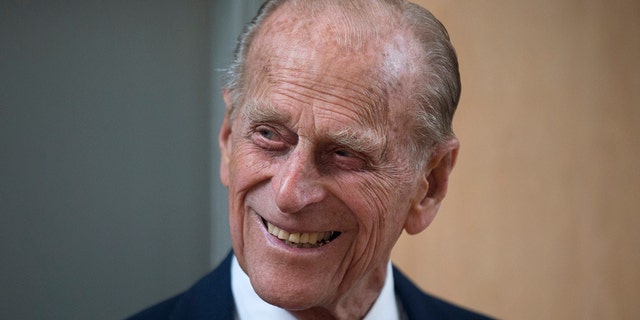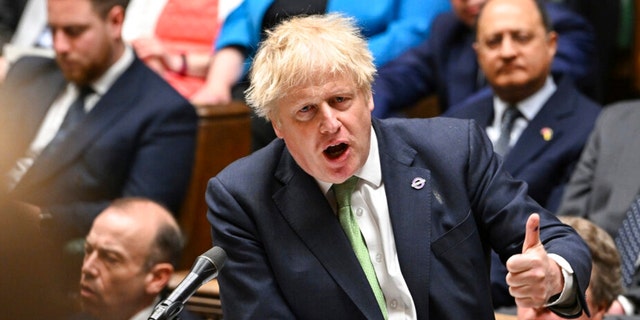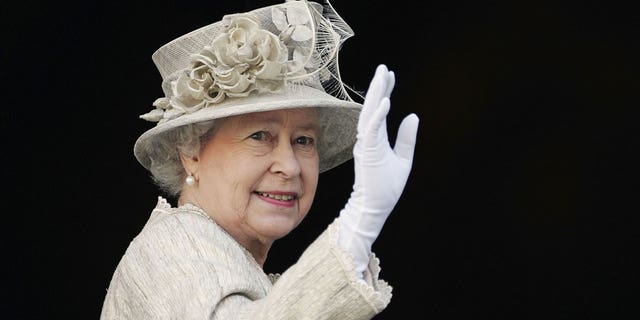Boris Johnson’s scandals: UK prime minister faced multiple controversies in office
Prime Minister Boris Johnson faces a potentially back-breaking scandal that has threatened to collapse his government, but it is only the latest in his tumultuous time as the country’s leader.
Johnson has never been a stranger to controversy or scandal, earning him a reputation as a Teflon politician who can shrug off what might otherwise be career-ending revelations.
But the latest controversy might finally end that lucky run as mass resignations upset Johnson’s government. Parliament has canceled committee meetings as the Conservative Party does not have enough ministers to attend after some 44 Conservative ministers and aides resigned.
Here are the controversies that Johnson has survived, as well as the one that might finally sink him.
UK IN SPIRAL AS BORIS JOHNSON FACES CRUMBLING SUPPORT: ‘THE NOOSE IS TIGHTENING’
‘Partygate’ created the first dent in the Teflon coat
The most enduring and infamous controversy with which Johnson wrangled involved parties that occurred on government grounds during the most strict COVID-19 lockdown periods.
Rules at the time mandated that individuals could not socialize indoors except “with your household or support bubble.” Police issued a total of 126 fixed-penalty notices to 83 people in government for the gatherings, which totaled eight parties between May 2020 and April 2021.
A report by senior civil servant Sue Gray on the matter claimed Johnson at one point provided wine and cheese to the staff for a May 2020 party in the gardens of 10 Downing Street. At another party in the same venue, partygoers raged well into the night, wrapping up at around 4 a.m.
Another party allegedly happened around April 16, 2021, on the night before Queen Elizabeth buried her husband, Prince Philip.
Party attendees drank wine, ordered four large pizzas to share and took turns going down a slide belonging to Johnson’s son, Wilf, according to eyewitness accounts and photos reviewed by The Daily Telegraph newspaper. Someone spilled wine on a copy machine and almost damaged the laptop that served as the jukebox for the evening.
Promoting Chris Pincher despite sexual misconduct allegations
Johnson promoted Member of Parliament Chris Pincher to the position of deputy chief whip, one of the men responsible for lining up votes along party lines for Conservative positions.

Pincher took over the role Feb. 8 of this year, and he resigned on June 30 after allegedly groping two men at the Carlton Club in Piccadilly. Another whip received the complaint and advanced it to the chief whip, Reuters reported.
BORIS JOHNSON TO SOLDIER ON AS PRIME MINISTER DESPITE WAVE OF RESIGNATIONS
Pincher resigned from his role, but Johnson kept him in the party, insisting that the matter was “closed.”
But more allegations surfaced, including at least one from Dec. 2021, a matter that was raised with the whip’s office at the time of Pincher’s appointment. Johnson claimed he had not been aware of any allegations against Pincher at the time of his promotion. But on July 4, the prime minister’s office acknowledged that Johnson had been aware but “forgot” about it.
The revelation prompted an immediate backlash from his party and cabinet, with many saying they had lost faith in their leader.
Sex scandal during time as foreign secretary
Johnson has seen his share of sex scandals as well, including an incident in 2018 during which Lord Michael Ashcroft, who previously served as the deputy chairman of the Conservative Party, walked in on Johnson receiving oral sex in his office.
Johnson at the time served as secretary of state for foreign and commonwealth affairs, and he was involved with a mistress by the name of Carrie Symonds, a woman he later married after divorcing his wife in 2020.

The matter remained out of the papers until June 18 of this year, around the time of the Pincher revelation, which elaborated on the incident. The Times of London published an article on the incident, but the article disappeared two days later, The New York Times reported.
Many believe that Downing Street moved to suppress the article, which, instead of killing the matter, only drew greater interest to it.
British magazine Private Eye published the details on June 30 instead, providing even greater context to the affair. The Private Eye report claimed that Symonds “people” reached out to the Times’ publisher, News UK, and advised they pull the story.
The Owen Paterson Affair
Pincher is not the only person Johnson had to defend in the face of immense criticism. In 2021, Johnson fought back against committee recommendations to suspend Conservative lawmaker and former minister Owen Paterson for 30 days after he allegedly committed an “egregious case of paid advocacy.”
Paterson had lobbied on behalf of several companies that paid him, including at least two payments of £500,000. He regularly “demanded access to ministers and regulators” on behalf of those companies, The Guardian reported.

BORIS JOHNSON UNDER PRESSURE: UK’S CONSERVATIVE PARTY LOSES 2 PARLIAMENTARY SEATS
The Conservative Party responded to the report by instead suggesting that Parliament change the mechanism of investigating lawmakers, but the damage from headlines at the time forced Paterson to resign.
The government abandoned its proposed changes in the wake of Paterson’s resignation, and the party failed to win back his seat at the election.
Johnson shuts down the government – illegally
Johnson had supported Brexit from the start and went to great lengths to ensure its success, including an uncomfortable episode in which he faced accusations of misleading the queen.
He asked Queen Elizabeth II to allow him to shut down Parliament for five weeks when the government still wrangled with the Brexit deal, unable to come to an agreement on what kind of deal to pursue as the clock wound down toward a deadline.
Rather than face the issue, Johnson got the queen’s approval to shut down the government, a move that the British Supreme Court later determined to be illegal.
The ruling led many to accuse Johnson of misleading the queen in order to obtain the shutdown, a matter for which he apologized since he had “embarrassed” the queen by potentially forcing her to break the law.
Read the full article Here


